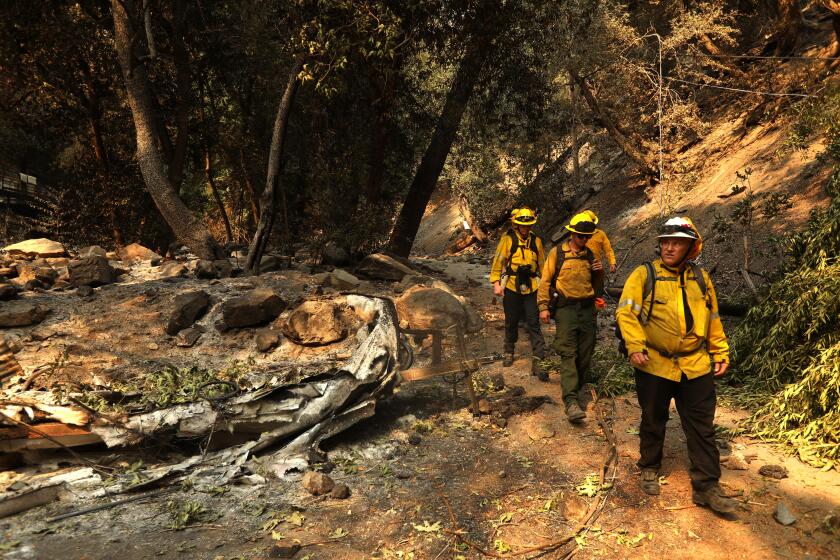On the Spot: A canceled cruise reservation leads to suspicion

Question: On Sept. 1, I booked a Jan. 9 cruise on Carnival and was told by the booking agent that my balance would be due in November. He said I would receive an e-mail with my booking confirmation and that I would get an e-mail with a notice to pay the final balance. It would have a hyperlink to the [Carnival] website. A few days later, I received another booking confirmation but for a different passenger whose first name was also Vanessa (different last names and different cruises). I alerted Carnival, but even so, four days later, I got another e-mail for the other Vanessa. At Thanksgiving, my mother-in-law mentioned she had paid for her two cabins. I hadn’t received any e-mail, so I logged in to see what was up. My booking number came up invalid. My reservation had been canceled for nonpayment. When I tried to rebook, the agent told me the new fare would be 20% more than my original fare. Is Carnival canceling cruise bookings so they can charge more when you rebook? Are they preying on their passengers to generate more revenue?
Vanessa Farentinos, Redondo Beach
Answer: Carnival may be preying on its passengers for more revenue, but it’s more likely in the form of inflated prices for drinks, onboard services and shore excursions. When I notified Carnival, it offered to rebook Farentinos at her original rate. The customer service agent also said this in an e-mail: “It is important to note that at the time of booking, guests are advised of their final payment due date.”
Translation: We might have promised you an e-mail, but it’s ultimately your responsibility. Point taken.
So thank you, Carnival, for bending a little; we hereby award you two Brownie points — one for doing the right thing and the other for not being jerky about it.
Which should provide an answer to the question of whether Carnival is canceling just to rebook passengers at a higher rate. I think not. I think it has better things to do with its time.
And now the only question is why the American consumer assumes evil intent on the part of corporate America. It’s not just Farentinos; I do it, and everybody I know does it, so either I hang around with those nattering nabobs of negativism (possible) or it’s pretty widespread (probable). I asked some experts why we go to the dark side and received a host of interesting answers: “We are a culture addicted to blame,” said Robin H-C, author of “Thinking Your Way to Happy”; “Black and white thinking is always cognitively easier than nuance,” said Kit Yarrow, chair of the psychology department at Golden Gate University, San Francisco.
But Wayne Rogers, the author of “Make Your Own Rules: A Renegade Guide to Unconventional Success,” which is to be released in February, thinks it’s more about size. (You may know him best as Trapper John from the television series “MASH,” but the business world knows him as a savvy guy who has parlayed his acumen into financial success in various businesses, including Kleinfeld, a bridal gown company. Yes, really.)
“Size has become a mantra,” he said. “But big does not necessarily mean good. I think, in general, large tends to be impersonal.” Companies combat that by creating a face. Wal-Mart, for example, uses greeters. “They’re saying you’re important, you’re meaningful, we want your business. It’s all in that interaction between people.”
Carnival can’t have greeters, exactly, so what then? Adam Hanft, chief executive of the marketing firm Hanft Projects and a consumer culture and branding strategist, suggests creating a “customer council to bring consumers in and bring them a seat at the table.” The company should be “open to criticism and listening and learning, and not shut themselves off.”
And then, he said, the company should identify their “evangelists to be their advocates.”
A little pie in the sky? Maybe not. In a follow-up e-mail after Carnival changed its mind, Farentinos wrote, “I am happy to say I will be a happy cruiser now.”
All aboard.
Have a travel dilemma? Write to travel@latimes.com. We regret we cannot respond to every inquiry.
More to Read
Sign up for The Wild
We’ll help you find the best places to hike, bike and run, as well as the perfect silent spots for meditation and yoga.
You may occasionally receive promotional content from the Los Angeles Times.







